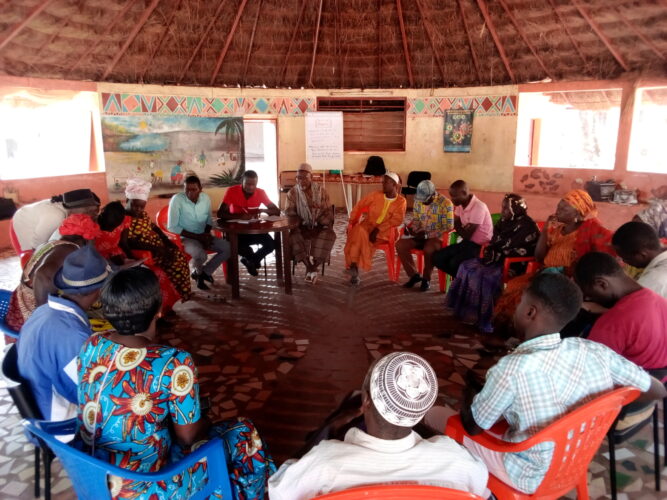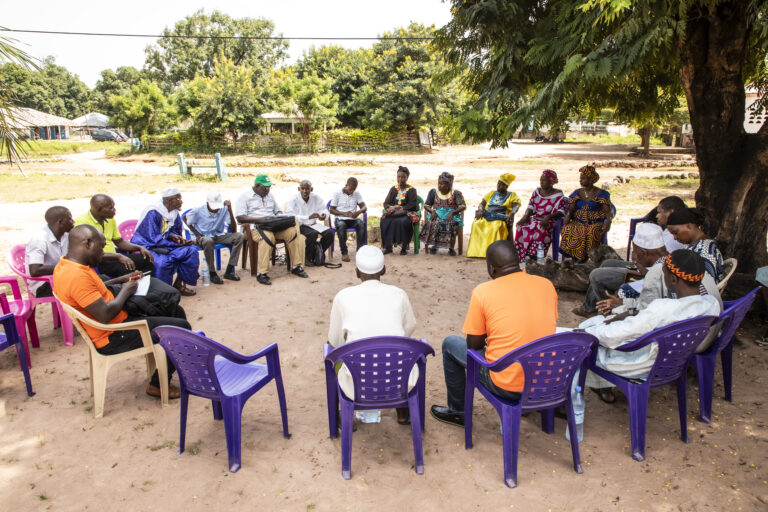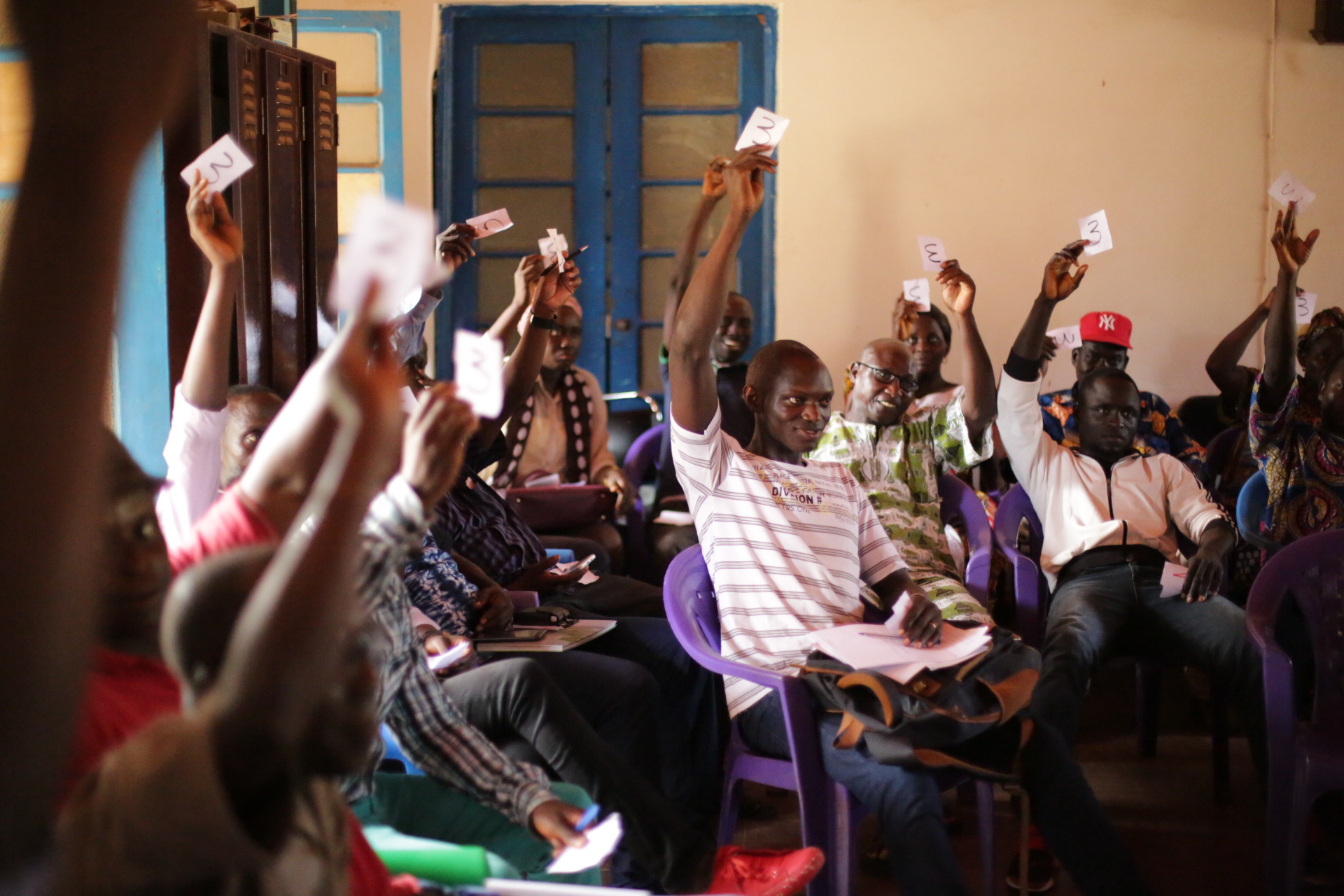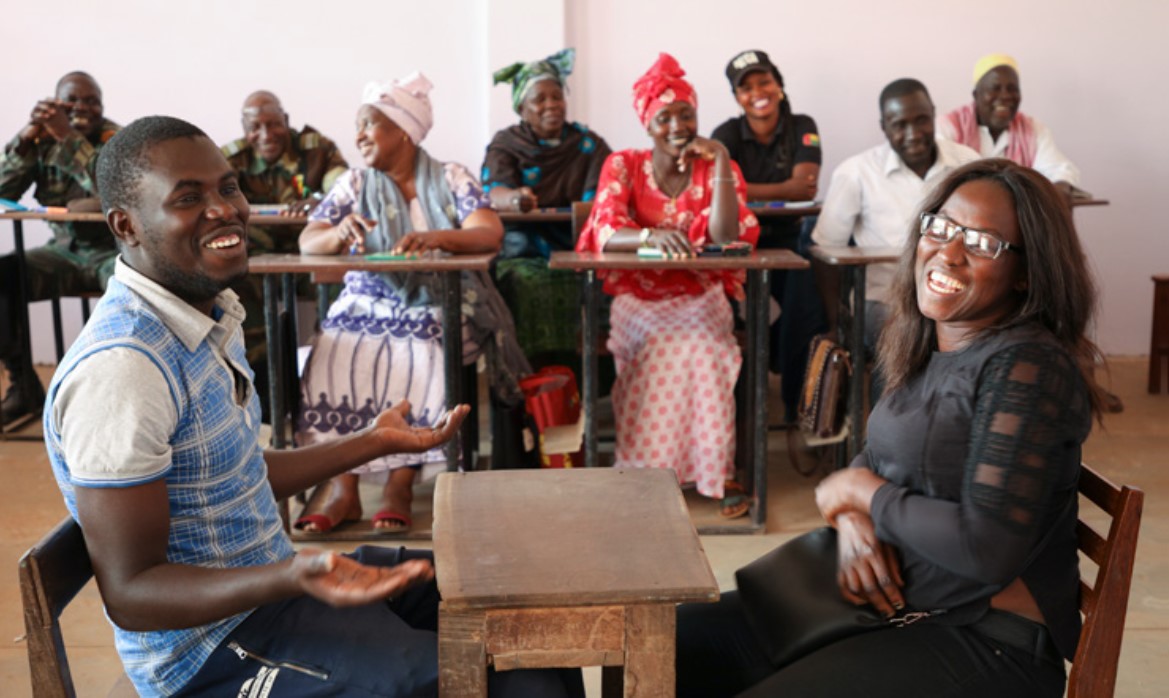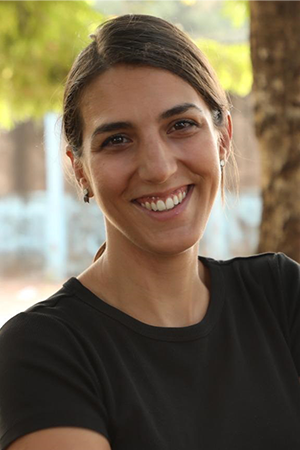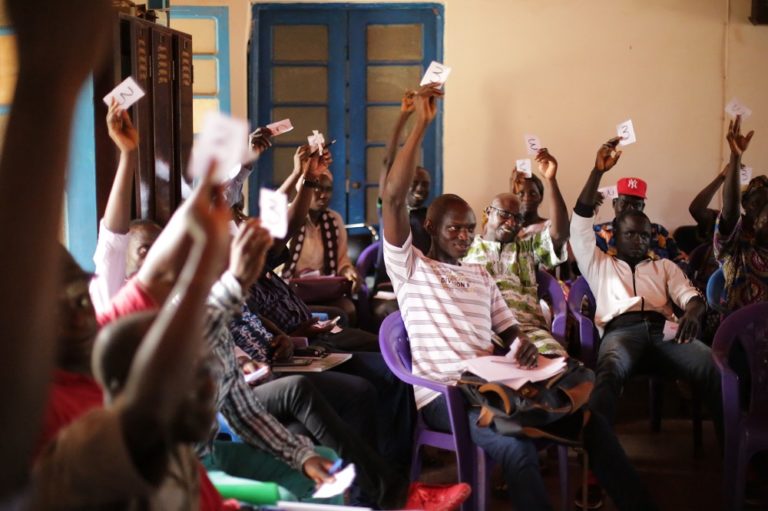For the last two decades, Guinea-Bissau has experienced major political turmoil, with successive coups and recurrent confrontations between political authorities and the military and within the political sphere. State dysfunctionality has a strong negative impact on the country’s society at large, as well as on international support to civil society, inhibiting sustainable peacebuilding and development. In 2007, Interpeace set up a peacebuilding programme in collaboration with a local partner, Voz di Paz. Through a national consultation process, Voz di Paz engaged over 6,000 Bissau-Guineans to identify the main obstacles to lasting peace in the country. Bissau-Guineans identified the lack of effective state institutions, political and institutional instability, poor administration of justice, social exclusion and a weak culture of dialogue as some of the root causes of conflict. As a result of this foundational study, the programme currently works in two main axes: conflict prevention and resolution and good governance.
